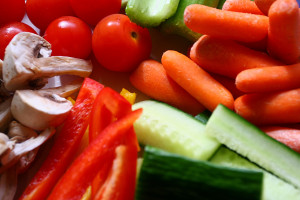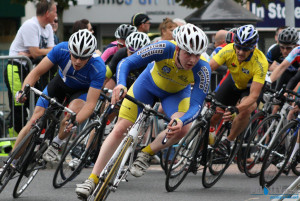Understanding specific cycling needs
In order to function properly, our bodies need certain amounts of different foods. Eating a balanced diet throughout the year is important to help maintain overall health. In addition to these basic needs, however, cyclists require larger amounts of certain vitamins and minerals to provide energy, increase muscle, and support bone strength. Specialists even recommend foods for cyclists who have been injured. Eating properly can help reduce illness, increase endurance, speed up recovery, and maintain energy levels.
Below is a list of suggested foods and dietary habits for cyclists aiming to increase their fitness levels and improve their overall eating patterns. While not comprehensive, this list highlights many of the important foods and eating habits necessary to fuel a cyclist’s body.
1. Don’t Skip Breakfast
By now, this suggestion should not come as a surprise. People are taught from a young age that breakfast is the most important meal of the day, and this is especially true for athletes. Glycogen levels dip lower as we sleep and go without food—so by the time we wake up, our bodies need new food quickly in order to function. Unless your workout is short and first thing in the morning, make sure you give your body fuel before expecting it to endure a rigorous workout.
2. Consume plenty of Vitamins A and C
 According to Bicycling.com, foods rich in Vitamins A and C provide needed benefits for cyclists recovering from injuries. Vitamin A, which is mainly found in certain vegetables and dairy products, helps the immune system fight infections. Vitamin C, found in citrus fruits and bright-colored vegetables, can speed up the recovery process for flesh wounds and minor road rash injuries. Cyclists who have suffered minor falls or crashes will benefit from an added intake of foods rich in Vitamins A and C.
According to Bicycling.com, foods rich in Vitamins A and C provide needed benefits for cyclists recovering from injuries. Vitamin A, which is mainly found in certain vegetables and dairy products, helps the immune system fight infections. Vitamin C, found in citrus fruits and bright-colored vegetables, can speed up the recovery process for flesh wounds and minor road rash injuries. Cyclists who have suffered minor falls or crashes will benefit from an added intake of foods rich in Vitamins A and C.
3. Pick the right fish
Omega-3 fatty acids, which are prevalent in salmon, tuna, and trout, provide energy and increase blood flow. By introducing these fish into your diet during training and before races, you will receive extra doses of protein. The increased blood flow brought about by the omega-3’s will help reduce injury-related inflammation.
4. Don’t eliminate entire food groups
Especially for people who are physically active, it is important that your calories come from a variety of food sources. When training or preparing for a race, eat often—and eat different things. Get your protein from lean meats and dairy products, and let some of your carbs come from real foods instead of gels and sports drinks. While these supplements can be beneficial to cyclists, they do not provide the same feelings of fullness that solid foods do. Active.com recommends eating foods like Fig Newtons, bananas, and granola bars for carbohydrates that will both fuel your body and fill you up.
5. Stick with what you know
Cycling experts recommend experimenting with new foods and eating habits long before an important race. Bicycling.com and Total Women’s Cycling.com point out that trying new gels or energy drinks while on a bike can be detrimental if your stomach becomes upset. Learn what works for your system and practice eating the way you need to during a race long before you ever get there.
For more information on the best foods and and dietary habits for cyclists, visit Bicycling.com’s “14 Ways to Eat Like a Cyclist at the Tour de France” page.
Photos Courtesy of Martin Cathrae and and Paisley Scotland.

